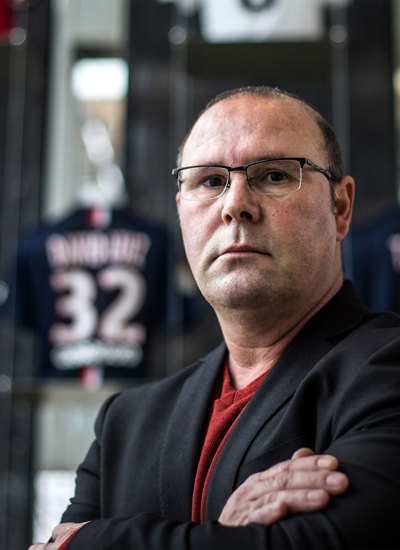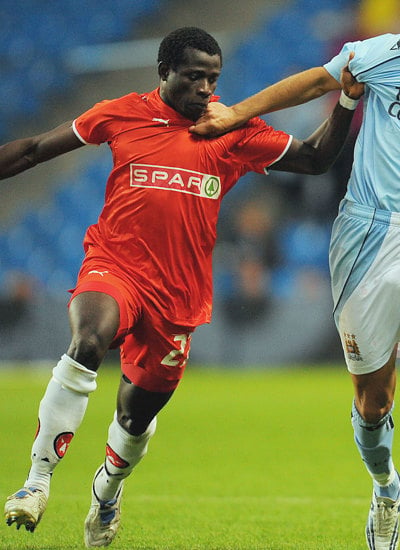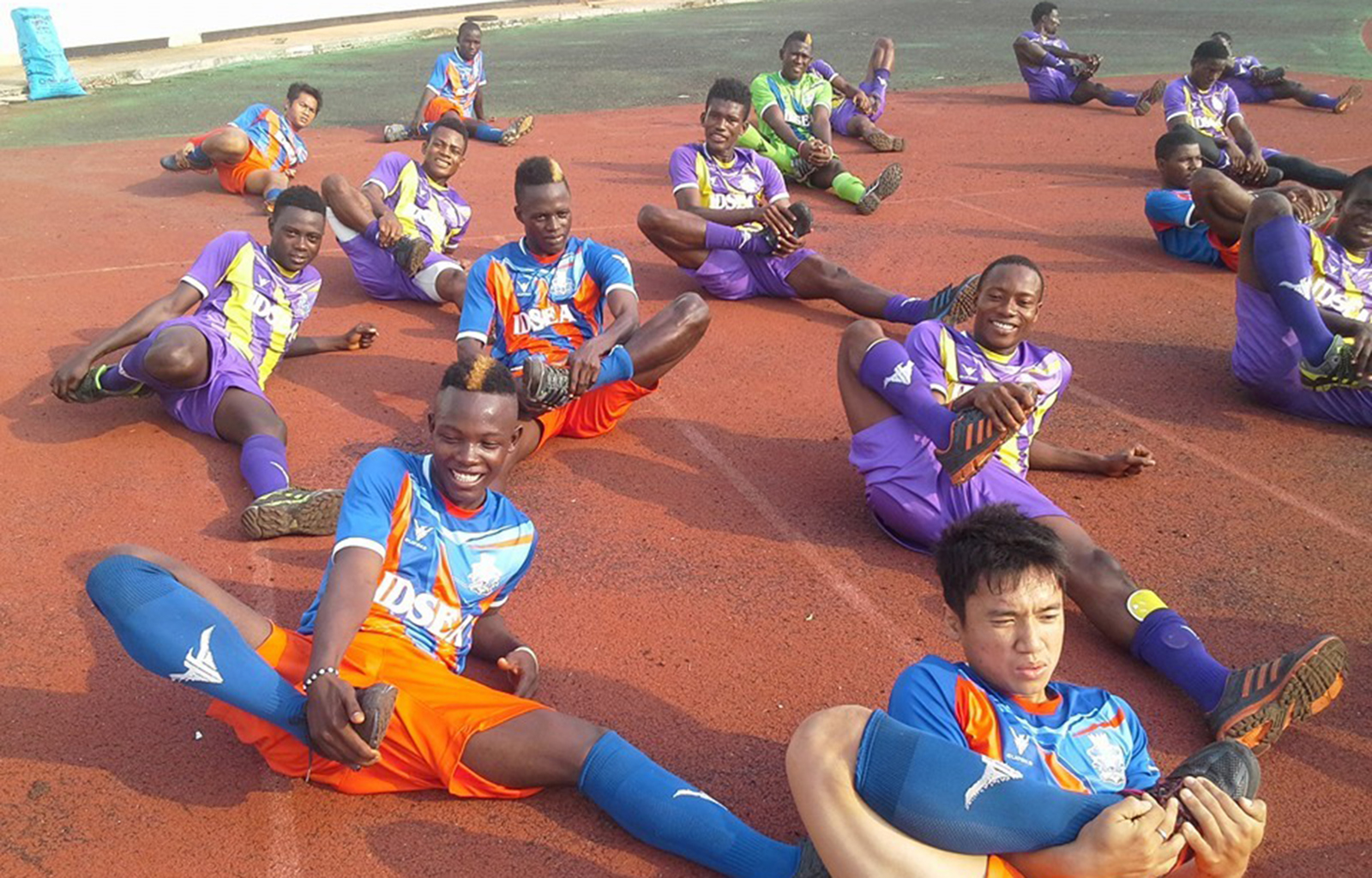
How if unfolded
In December 2014, Liberian national team player Alex Beyam Karmo convinced a befriended club president to bring young players to a new academy at his Lao football team Idsea Champasak United. He said, that Idsea would be a stepping stone to European clubs and promised each player USD 1,000, a laptop, USD 25 per practice session, a school education and reimbursement of travel costs.
In February 2015, his friend arrived in Laos with 30 players – including 21 minors, some of which had appeared for national youth teams.
Karmo’s promises were false: there was no coach, no medical staff, no school. The accommodation was a dilapidated, not hygienic room in the stadium. Players only got two meals a day: bread and rice. They trained twice a day, but did not play matches as the academy was not registered.
After one month, Idsea wanted all minors to sign a 6-year contract. The Liberian club president said the contracts were “bogus”. The players refused to sign and wanted to leave. Idsea said they could only go if they pay their expenses for accommodation, food and drinks. The players did not have the money and were stuck at the training ground.
FIFPRO was alerted about the situation and - assisted by the Ghanaian player union PFAG - exerted pressure on the Laotian FA (LFF) to solve this situation. After ten hectic days, during which players were physically threatened, Idsea allowed 17 players (including 16 minors) to return home.
Fourteen other players stayed because they feared being ridiculed when they returned home without being a successful player. They signed a contract, because Idsea promised to give them a visa and residence permit in return. It was another false promise; one month later more players wanted to leave, which was realized after more pressure from FIFPRO and FIFA.
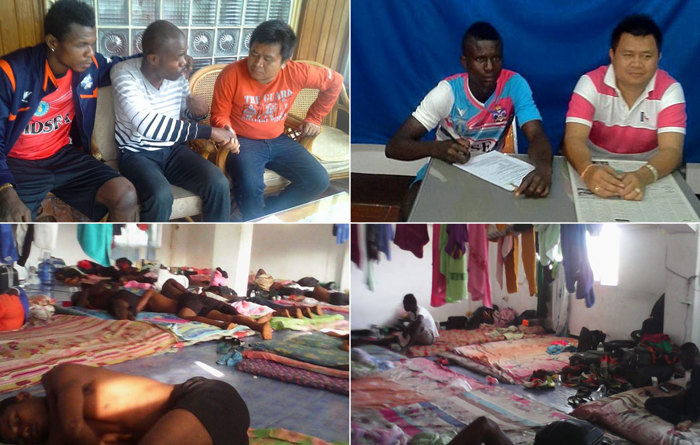
Decision
FIFPRO lodged a complaint at the FIFA Disciplinary Committee, asking for sanctioning the Lao Football Federation for not complying with the FIFA Regulations.
It was noticed that two minor players appeared in some of Idsea’s league matches. However, Article 19 and 19bis of the FIFA Regulations on the Status and Transfer of Players do not permit the aforementioned minor players making a transfer to Idsea and its academy, without a previous accepted application by the subcommittee of the FIFA Players Status Committee;
Next to that, the adult players could only be registered if they had received an International Transfer Certificate (ITC) through FIFA. But FIFPRO also noticed that a 20-year old played several matches without having an ITC.
In April 2018, the FIFA Disciplinary Committee agreed with FIFPRO and sanctioned the Lao Football Federation (LFF) with a fine of CHF 690,000 (approximately USD 700,000) for breaching provisions concerning the international transfer and first registration of minor players, as well as other provisions with regard to the registration and participation of both minor and adult players in competitions.
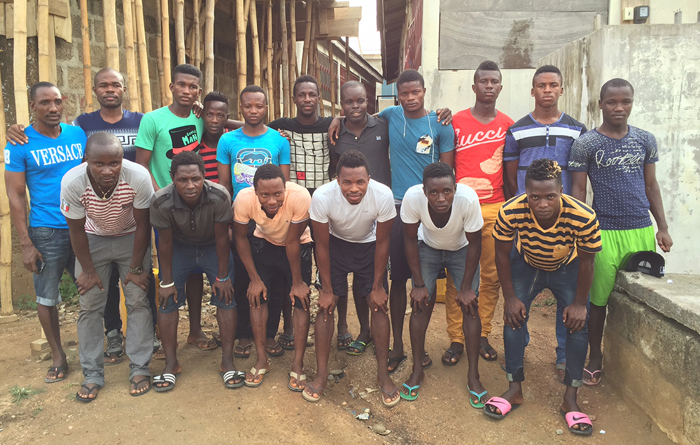
Reaction
FIFPRO Africa general secretary Stéphane Burchkalter said: “It is shocking to FIFPRO that a club from Laos, which - with all due respect – is a very small football country, can lure 21 minor players from Liberia without the FIFA TMS noticing.”
“The club and academy apparently are run by unscrupulous men who don’t care about players’ rights or human rights. The wellbeing of the players is not in their interest. They clearly treat players as merchandise.”
Anthony Baffoe, President of the Ghanaian player union, said that Idsea was a clear example of child trafficking. “They approach young players from Africa and persuade them with stories of a golden future. In reality they do absolutely nothing that is beneficial for the players. They don’t give them proper training, they don’t educate them, they don’t take care of them.”
Why is this verdict so important?
It proved that the FIFA TMS system was not fully reliable. The governing body has made some improvements to the TMS and its structure to prevent similar situations from happening and to secure the principle of the protection of minors.
